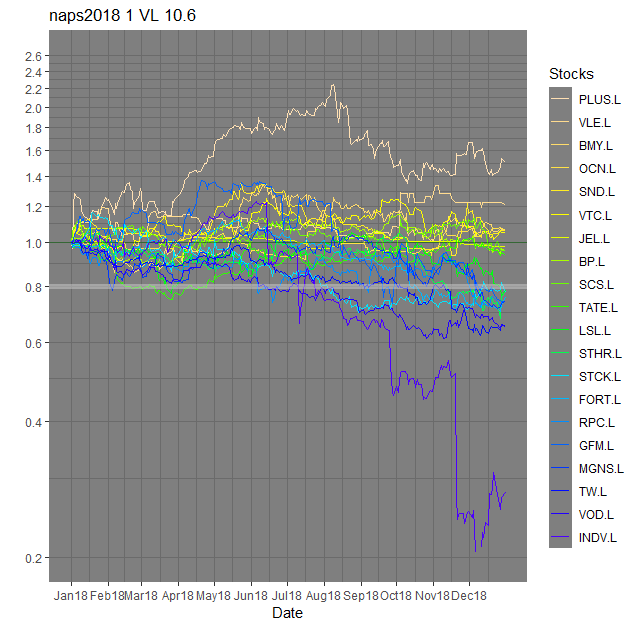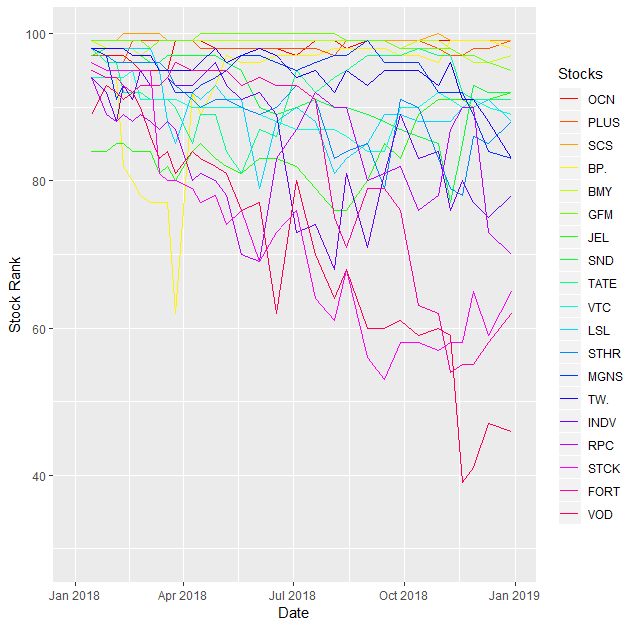Do you put more thought into buying a stock or selling it? Presumably, it’s the former because it’s official: we’re bad at selling stocks.
Or at least professional portfolio managers (PMs) are, according to a report called Selling fast and buying slow: heuristics and trading performance of institutional investors.
The study tracks 4.4 million buy and sell events across 783 portfolios between 2000 and 2016. These professionally managed portfolios had, on average, some $573m of assets under management - so you would think the people in charge of these portfolios are pretty good at what they do.
And they are - when it comes to buying. But the study uncovers a striking pattern: PMs demonstrate clear skill in buying but their selling decisions underperform substantially. In fact, the study finds that the fund managers in the dataset would have been better off dumping shares completely at random.
This doesn't mean the next time you want to make a trade you should just put on a blindfold, start clicking, and see what happens - but If you think you have been faring better than these PMs, how do you know? Have you been tracking the performance of sold shares? Perhaps setting up a portfolio of sold holdings might make for an interesting experiment...
One of the most revealing insights in Selling fast and buying slow comes from the study’s interviews of fund managers. The anecdotal evidence from the sample points to PMs thinking very differently about the two decisions: buy trades represent their latest stroke of genius whereas selling is just a way to raise cash.
If that’s how they think of selling, why would they spend much time on it?
Why we're bad at selling #1: no focus and low conviction
The good news is that we have the skill to sell well, we just don’t focus on it. We put much more effort into buying things.
Or, in the study’s own words (deep breath), ‘the stark discrepancy in performance between buys and sells appears to be driven by an asymmetric allocation of limited cognitive resources such as attention towards buying and away from selling.’
One way the study suggests this is by the fact that selling decisions on earnings announcement days outperform those on non-announcement days ‘by more than 200 basis points over a yearly horizon.’ The researchers interpret this to mean that,…

.jpg)













